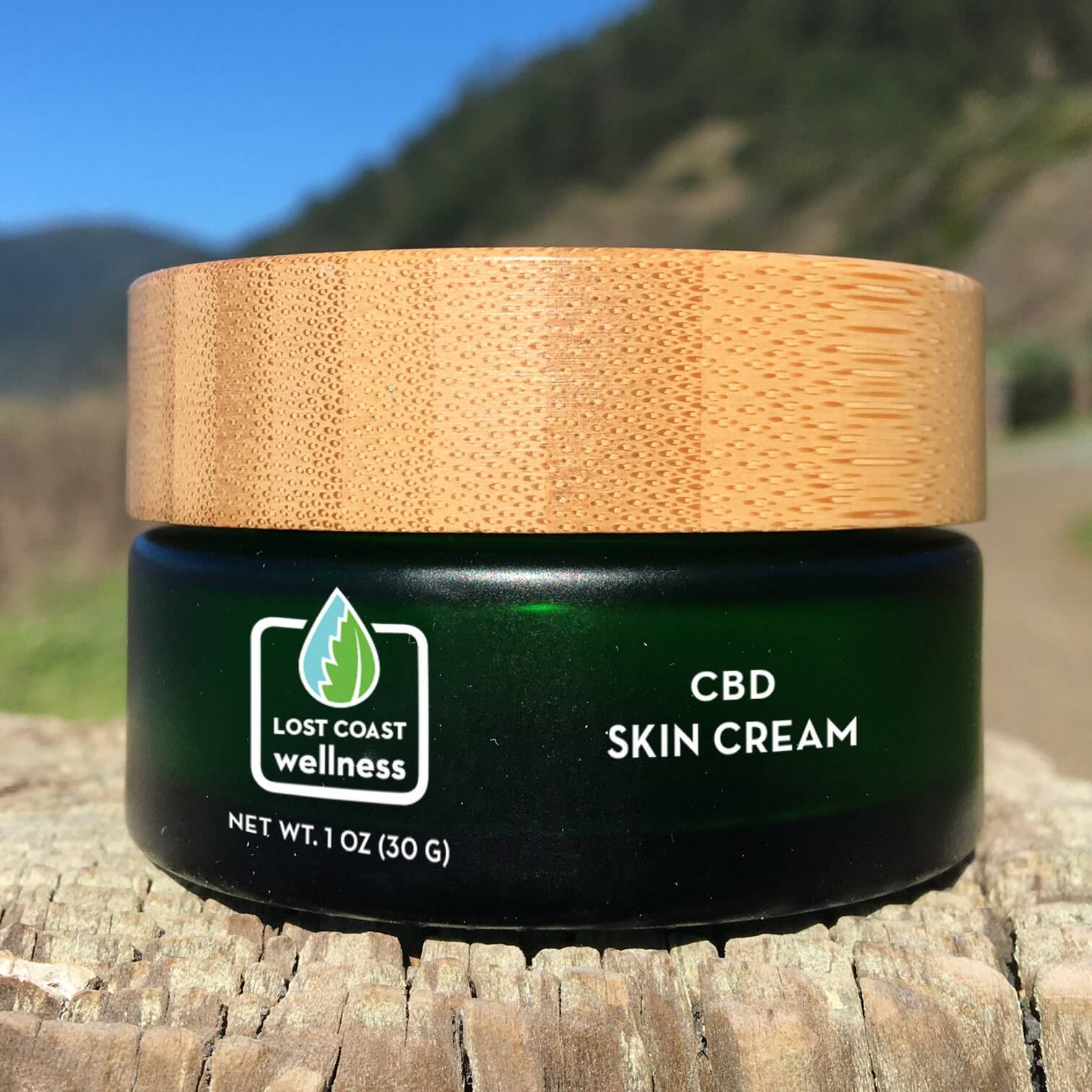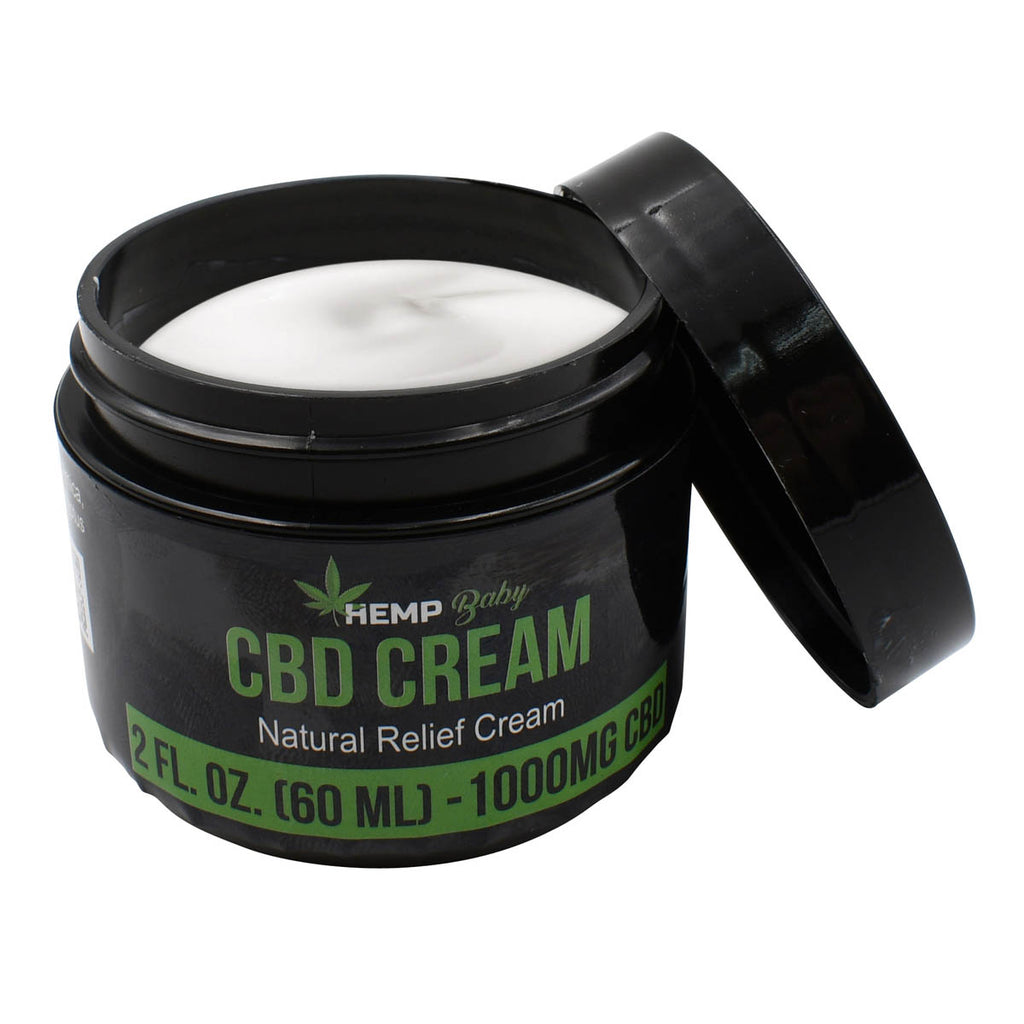Enhance Your Relaxation with Serenity CBD Arnica Balm: Embrace Holistic Healing
Enhance Your Relaxation with Serenity CBD Arnica Balm: Embrace Holistic Healing
Blog Article
Explore the Science Behind CBD Pain Lotion and Its Healing Impacts
As the demand for all-natural discomfort relief choices remains to climb, the clinical community has actually turned its focus to the restorative effects of CBD discomfort cream. Comprehending the intricate mechanisms through which CBD communicates with the body's endocannabinoid system to alleviate pain is important in analyzing its efficiency. From its anti-inflammatory buildings to the complex neurological results that modulate pain understanding, CBD's potential as a pain management service is a topic of ongoing research and professional interest. Remain tuned to untangle the science behind CBD discomfort lotion and how it holds pledge for those looking for choice opportunities for discomfort alleviation.
Endocannabinoid System and CBD Pain Relief
What function does the endocannabinoid system play in CBD discomfort relief? The endocannabinoid system (ECS) is an intricate network of receptors, enzymes, and endocannabinoids that play an essential role in managing different physical processes, consisting of pain experience. When CBD is used topically or consumed, it interacts with the ECS to regulate pain understanding and swelling. CBD exerts its effects by targeting cannabinoid receptors, specifically CB1 and CB2 receptors, which are abundant in the central worried system and immune cells, specifically. By binding to these receptors, CBD can prevent the transmission of pain signals and lower swelling, resulting in pain relief.

Mechanisms of CBD for Discomfort Administration
Checking out the intricate systems whereby CBD operates suffering monitoring exposes its possible as a useful therapeutic tool in easing various forms of pain. CBD communicates with the endocannabinoid system, making up cannabinoid receptors (CB1 and CB2) dispersed throughout the body. When CBD is administered, it modulates these receptors, affecting natural chemical launch and dampening pain signals. Furthermore, CBD's anti-inflammatory properties play a vital duty in pain monitoring by lowering inflammation at the site of discomfort.

Anti-Inflammatory Qualities of CBD
In illuminating the effectiveness of CBD hurting monitoring, a notable aspect lies in its powerful anti-inflammatory residential or commercial properties. CBD, or cannabidiol, has actually amassed attention for its capacity to regulate inflammatory responses within the body. Swelling is a complicated biological feedback that plays a critical function in the body's immune system, yet when it ends up being chronic, it can contribute to various health concerns, including discomfort. CBD connects with the endocannabinoid system, particularly targeting CB2 receptors found in the immune cells. By turning on these receptors, CBD can help lower and regulate immune feedbacks swelling.
Researches have shown that CBD can prevent inflammatory mediators and cytokines, thus wetting description the inflammatory cascade. This anti-inflammatory impact is specifically promising for conditions characterized by persistent swelling, such as arthritis, inflammatory bowel illness, and neuropathic discomfort. By reducing swelling, CBD not just resolves the symptoms but likewise targets the underlying source of discomfort, making it an important restorative representative for managing a large range of inflammatory problems.
Neurological Results of CBD on Discomfort
CBD exerts profound neurological impacts on discomfort understanding via its communication with specific receptors in the main worried system. The endocannabinoid system, which consists of cannabinoid receptors (CB1 and CB2) and endocannabinoids generated by the body, plays an essential role in modulating discomfort signals. CBD engages with these receptors, largely CB1 located in the mind and CB2 situated in the immune cells, to exert its analgesic effects. By influencing the activity of these receptors, CBD can help manage pain sensitivity and swelling, using possible restorative advantages for individuals struggling with various types of discomfort problems.
Researches have shown that CBD's activity on the endocannabinoid system can result in the inhibition of discomfort signaling pathways, minimizing the perception of discomfort. Additionally, CBD has been discovered to have neuroprotective residential or commercial properties, which can aid alleviate neuropathic pain by shielding neurons from damages. The capability of CBD to modulate pain at a neurological degree makes it an appealing option for handling chronic pain problems where conventional therapies may drop short.
Medical Researches Supporting CBD Discomfort Relief

Final Thought
In conclusion, the scientific research behind CBD pain lotion reveals its possible therapeutic impacts via the modulation of the endocannabinoid system (Serenity CBD arnica). CBD's devices for pain management include its anti-inflammatory homes and neurological results on pain assumption.
As the demand for all-natural pain alleviation alternatives proceeds to rise, the clinical neighborhood has transformed its focus to the therapeutic results of CBD discomfort cream. From its anti-inflammatory buildings to the complicated neurological results he has a good point that modulate pain understanding, CBD's potential as a pain administration remedy is a subject of continuous study and professional passion.Building upon the understanding of CBD's neurological impacts on discomfort assumption, clinical research studies have actually provided important understandings right into the efficiency of CBD in supplying pain relief. A research study released in the European Journal of Discomfort showed that using CBD topically reduced pain and inflammation in rats with joint inflammation without any kind of noticeable side results. CBD's mechanisms for pain administration include its anti-inflammatory properties and neurological effects on pain understanding.
Report this page